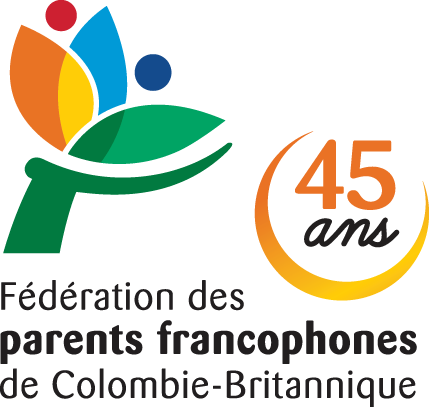Article from Parenthèse published on 25 September 2020, in the Legal Case category.
A look back at the win in the Supreme Court of Canada in June 2020
On June 12, 2020, Francophone parents in B.C. let out a big sigh of relief as the Supreme Court of Canada ruled in favour of the Conseil scolaire francophone (CSF) and the Fédération des parents francophones de Colombie-Britannique (FPFCB), following the trial in which they took action against the B.C. Ministry of Education.
The efforts undertaken by the CSF and the FPFCB over a period of ten years were successful, proving that the right to education in French was breached by the Province of British Columbia, and that this right must now be respected. The justices of Canada’s highest court have made it clear: “Children of rights holders recognized under Section 23 [of the Canadian Charter of Rights and Freedoms] must have an educational experience truly equivalent to that of the majority, regardless of the size of the school or program in question.”
According to the President of the Fédération des parents, Suzana Straus, this is “a victory for Francophone parents who, since the creation of the CSF, have been calling for equivalent schools in many communities across the province, to provide our young people with an education in French, from kindergarten to Grade 12, that is truly equivalent to that provided in English-language schools. We know that many of these parents have had to deal with a situation that is far from ideal for their children for years, and we thank them for trusting us throughout the legal case process.”
However, Francophone families in B.C. were not alone in their delight at this historic win. This case dealing with education in French in our province has generated a great deal of interest in official-language minority communities across the country, and these communities have also eagerly awaited the Supreme Court of Canada's decision. It’s important to note that the judgment could set precedents elsewhere in the country and lead to positive changes in minority language education in other Canadian provinces and territories.
This important victory brings hope for Francophone parents, but the situation will certainly take some time to resolve in the communities affected by the legal case. In this regard, the Fédération des parents will be following things closely. In fact, “the B.C. government will need to take real action as quickly as possible to counter the risk of assimilation that affects four out of five Francophone children in our province,” Ms. Straus emphasizes.
Since the Supreme Court of Canada's ruling, the provincial government and the CSF have increased their efforts to find solutions for various communities, suggesting progress with regard to improving the CSF's school infrastructure in several regions of the province.
To learn more about the legal case for Francophone education in British Columbia, visit https://causejuridique.csf.bc.ca.
Recent article in Parenthèse
-
 45th Annual General Meeting: A Time for Gathering and Productive Discussions
16 December 2024
45th Annual General Meeting: A Time for Gathering and Productive Discussions
16 December 2024
-
 Surrounded by parents and partners, the Fédération des parents celebrates its 45th anniversary!
16 December 2024
Surrounded by parents and partners, the Fédération des parents celebrates its 45th anniversary!
16 December 2024
-
 Parental Involvement at the Heart of the 2024 Fédération des parents Conference
16 December 2024
Parental Involvement at the Heart of the 2024 Fédération des parents Conference
16 December 2024
-
 A dynamic teaching workshop dedicated to Francophone educators!
16 December 2024
A dynamic teaching workshop dedicated to Francophone educators!
16 December 2024
-
 A 3rd Summit on the Transmission of French Language, made possible through collaboration and co-creation by Francophones!
16 October 2024
A 3rd Summit on the Transmission of French Language, made possible through collaboration and co-creation by Francophones!
16 October 2024
-
 Spotlight on the Leadership of a Visionary Team in Smithers
16 October 2024
Spotlight on the Leadership of a Visionary Team in Smithers
16 October 2024
-
 45 Years of Leadership at the Heart of the Francophone Parents’ Movement in British Columbia
16 October 2024
45 Years of Leadership at the Heart of the Francophone Parents’ Movement in British Columbia
16 October 2024
-
 A gathering on November 22 and 23, 2024 for an anniversary conference that shouldn’t be missed!
16 October 2024
A gathering on November 22 and 23, 2024 for an anniversary conference that shouldn’t be missed!
16 October 2024



